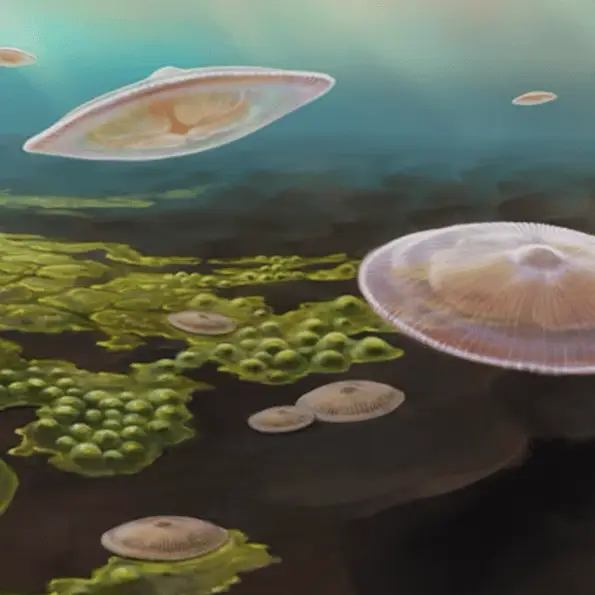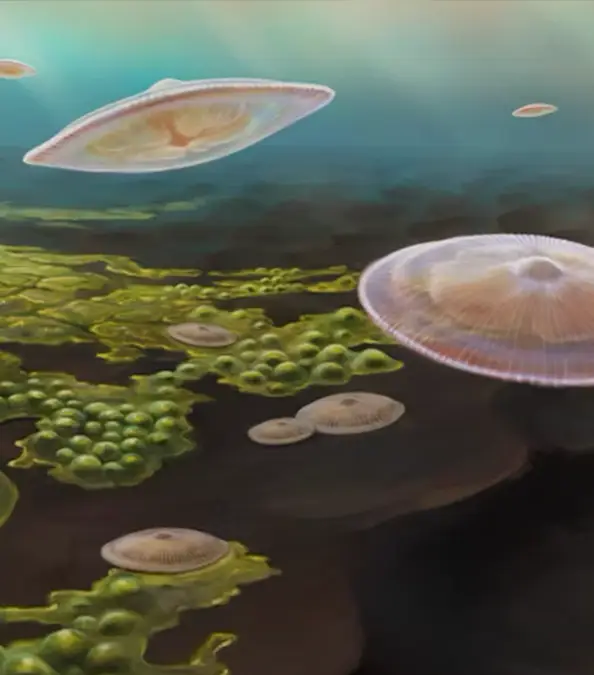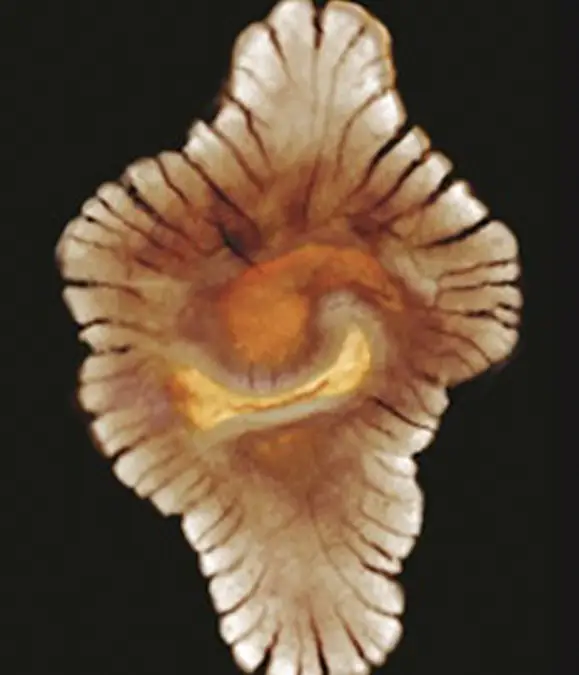
Most experts believe animal life began around 635 million years ago.
However, scientists have found evidence that suggests it may have started 1.5 billion years earlier.
The team working in Franceville, Gabon claims they’ve found signs of environmental conditions suitable for animal life as far back as 2.1 billion years ago.
The team, led by Professor Ernest Chi Fru from Cardiff University, found clues deep within rocks and suggested the organisms were restricted to an inland sea. This meant these life forms didn't spread globally and eventually became extinct.
Advert
The scientists looked for nutrients like oxygen and phosphorus in the rocks that could have supported life.

Chi Fru told BBC News that these early life forms might have been similar to slime moulds—simple, brainless organisms that reproduce through spores.
Not everyone is convinced, though.
Professor Graham Shields at University College London, who wasn't involved in the research said: 'I'm not against the idea that there were higher nutrients 2.1 billion years ago but I'm not convinced that this could lead to diversification to form complex life.'
Chi Fru believes his findings help clarify how life was created on Earth.
'We're saying, look, there's fossils here, there's oxygen, it's stimulated the appearance of the first complex living organisms,' he said.
'We see the same process as in the Cambrian period, 635 million years ago - it helps back that up. It helps us understand ultimately where we have all come from.'

Chi Fru and his colleagues said the formation was made up of fossils which pointed to evidence of life that could 'wiggle' and move on its own.
For further evidence, the team analysed sediment cores drilled from the rock which showed a 'laboratory' for life.
They believe that the high levels of oxygen and phosphorus could have supported photosynthesis, providing the energy needed for more complex life forms to develop.
'This would have provided sufficient energy to promote increases in body size and greater complex behaviour observed in primitive, simple animal-like life forms such as those found in the fossils from this period,' he added.
But he says that the isolated environment also led to the downfall of these early life forms as they couldn't sustain a food supply.
Further research is needed to support the theories.